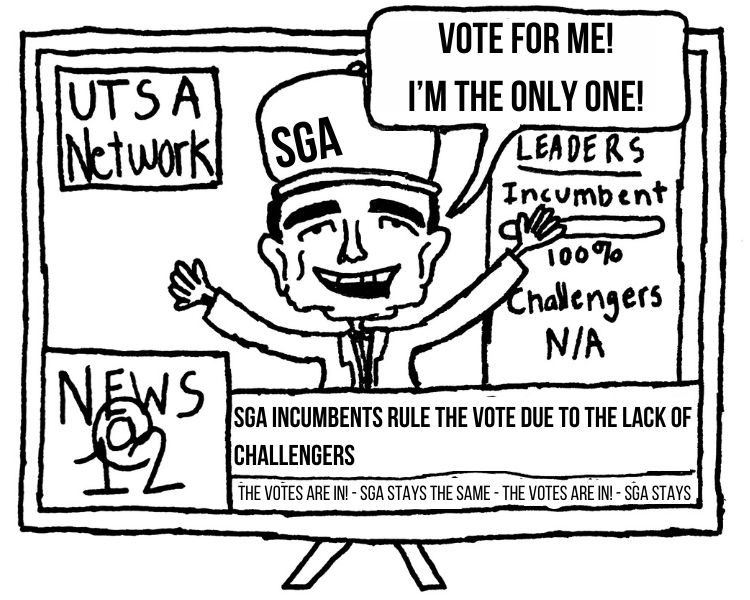

What comes to mind when you think about Afghanistan? For many, the country represents the on going war on terror, fear or maybe a culture crippled by extremist groups.
Remarkably, for American Nick Pugliese, Afghanistan represents a place where his dreams came true.
In 2012, Pugliese graduated from Williams College in Williamstown, Massachusetts, and took a telecommunications job in Kabul, Afghanistan. Though he initially enjoyed the rich culture of the region, Pugliese quickly felt isolated and grid- locked in Kabul due to the strict security restrictions his company placed upon its employees.
Pugliese, who played soccer for Williams College all four years and was team captain his junior and senior years, turned to the company soccer team to deal with his frustrations. Feeling a sense of freedom from the strict security restrictions, he returned to his free-spirited way of playing the game of soccer and impressed his colleagues. Over time, Pugliese started to gain notoriety in the area with his play and astonished more people than just his company teammates.
In a fascinating twist, Kabul Premier League club team Ferozi FC took notice of Pugliese. In 2013, Ferozi scouts offered a trial to the American, who subsequently made the team. His employer took notice and offered an ultimatum to the American — keep your job, or play soccer.
Pugliese chose soccer.
By earning a spot on Ferozi FC, Pugliese became the first American
to play in the Kabul Premier League. In the season since making the team, Pugliese has been embraced and cheered by over 20,000 Ferozi fans. He has been welcomed by his teammates and feels like he’s part of a family. His coach has invited him into his home and has shared din- ner and family memories with the American. Outside of the team, Pugliese has habitually walked the streets of Kabul and made Afghan friends. He has made friendships not based on ethnicity, race or corny predispositions, but based on
respect. Through sports, the community
has accepted Pugliese in ways that many would have deemed impossible. He has made life-long friend- ships and has broken the traditional stereotypes of Middle Eastern in- habitants.
But make no mistake; Afghanistan is one of the most dangerous countries in the world. The Islamic fundamentalist group known as the Taliban still terrorizes the country, accounting for over 8600 civilian casualties in 2013 alone. The Taliban still continues to attack government targets and Coalition troops. For many, the country represents painful memories of lost loved ones and will always be symbolized as a home to the disenfranchised.
But what this courageous man’s remarkable journey represents is hope. That given the community embrace he received, there is hope that a country can change — that people can change. Be it small, or a fraction of it, hope is still there. And ultimately hope is all we need.

















